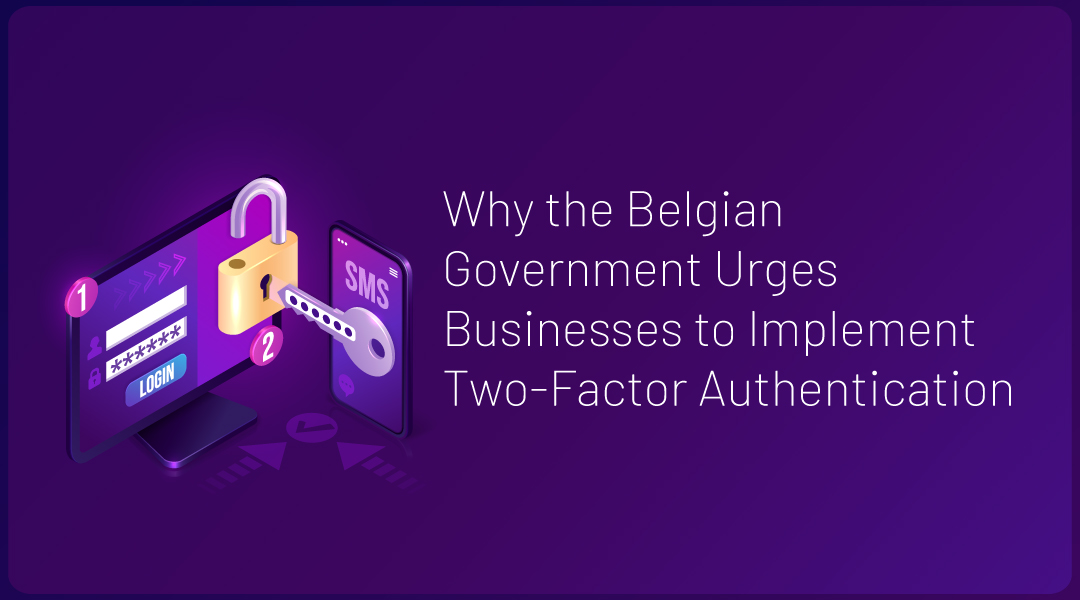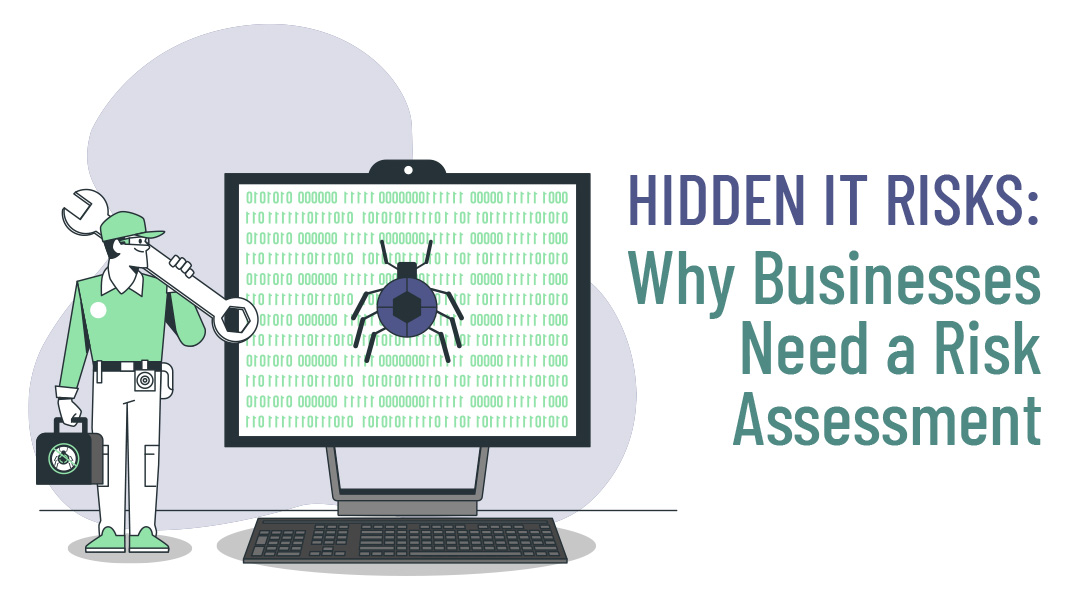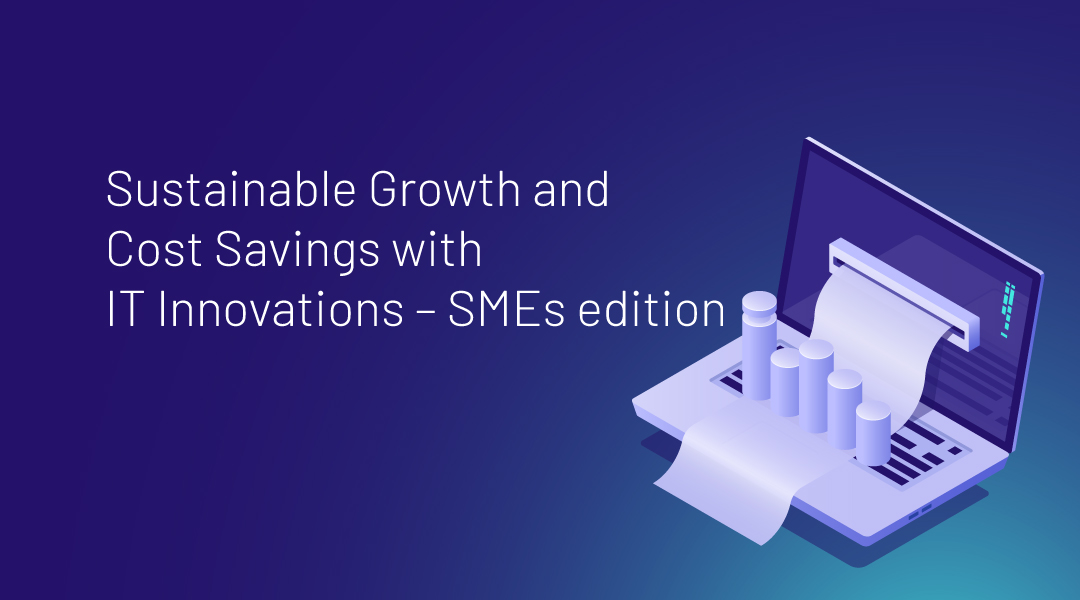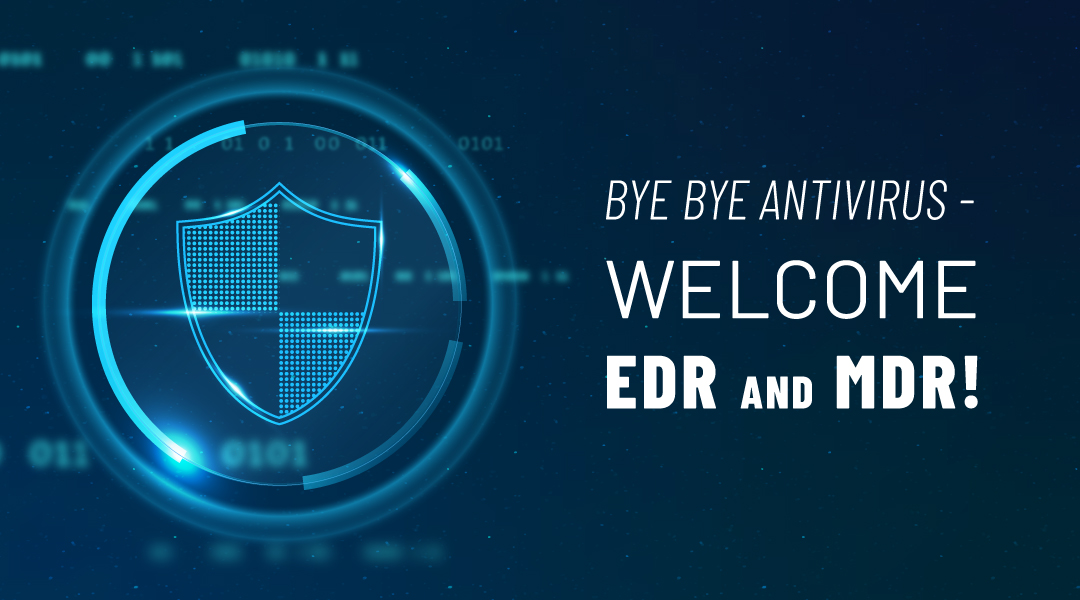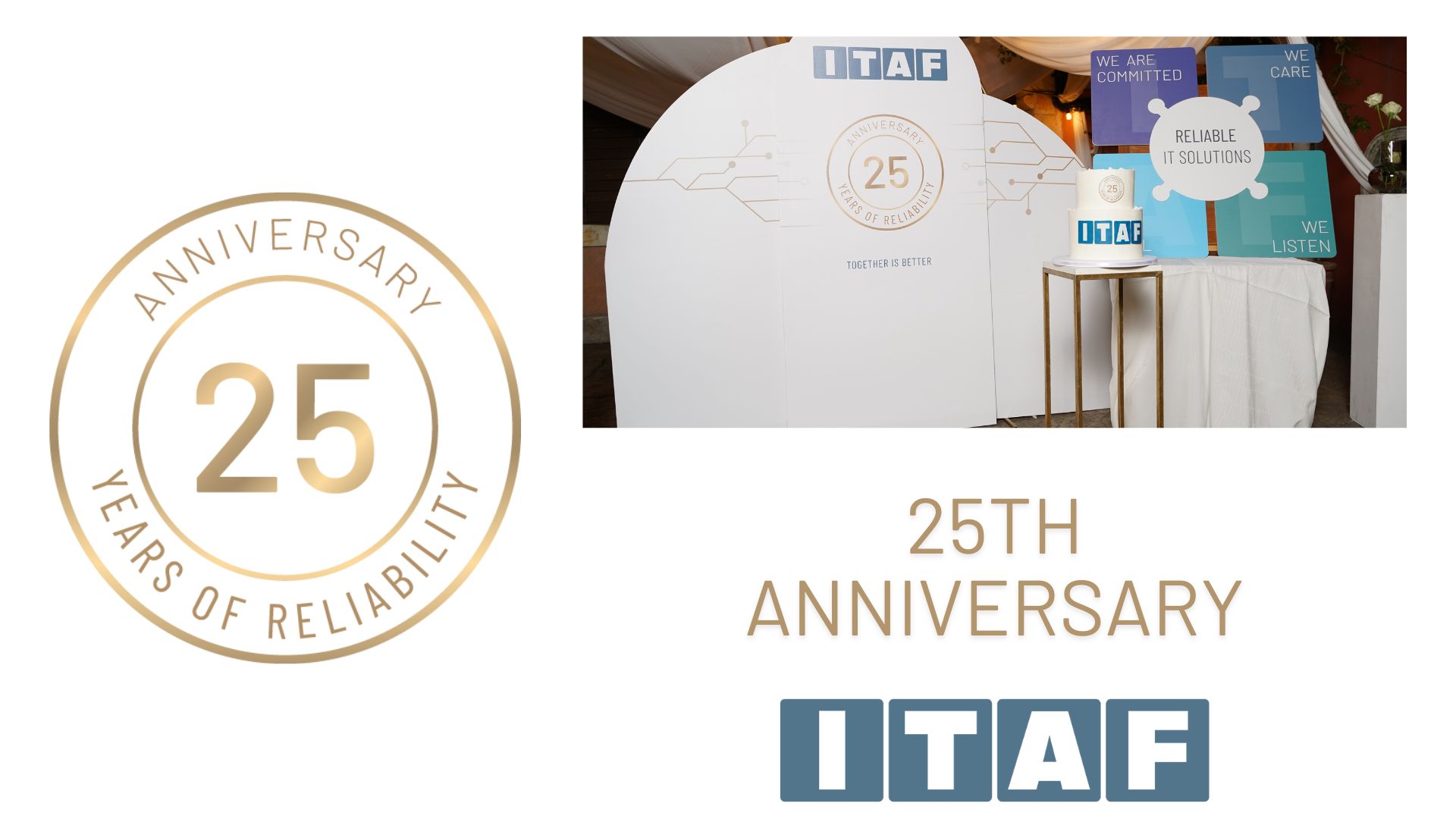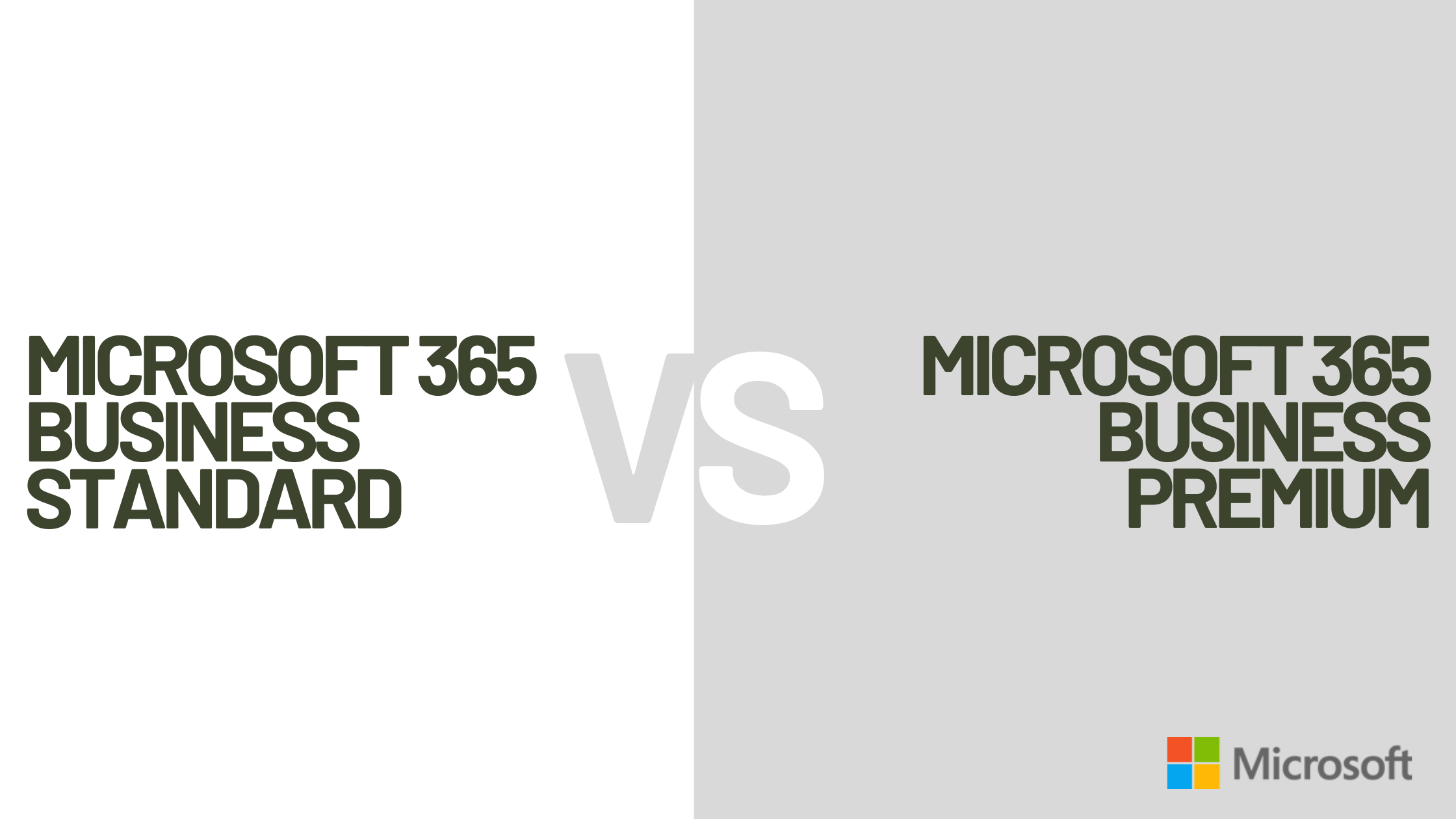In a recent advisory, the Centre for Cybersecurity Belgium (CCB) issued a clear and urgent recommendation for businesses across the country: activate Two-Factor Authentication (2FA) for all external connections, including Virtual Private Networks (VPNs). This advisory comes as part of the government’s ongoing effort to combat the increasing wave of cyberattacks targeting Belgian companies. The message is clear—businesses must take proactive steps to protect their systems and data.
Understanding Two-Factor Authentication (2FA)
Two-Factor Authentication (2FA) is a security measure that adds an additional layer of protection to the login process. Instead of relying solely on a username and password, 2FA requires users to provide two forms of verification to access a system:
- Something You Know: A password or PIN.
- Something You Have: A physical device like a smartphone, hardware token, or an authentication app.
This combination ensures that even if a password is compromised, unauthorized access is prevented without the second factor.
Why 2FA Is Crucial for Businesses
The CCB’s advisory highlights the alarming rise in ransomware attacks and other cyber threats targeting Belgian companies. These attacks often exploit weak or single-layer authentication methods.
Every day, businesses across Belgium fall victim to ransomware. The consequences range from operational downtime to financial losses and reputational damage.
Research shows that 2FA can prevent up to 80% of cyberattacks. By implementing this simple measure, businesses can significantly reduce the likelihood of unauthorized access.
The urgency to adopt 2FA is not just about compliance; it’s about safeguarding sensitive data, maintaining business continuity, and protecting your reputation.
Types of 2FA Methods
2FA can be implemented in various ways, depending on the specific needs of your business:
- SMS-Based Authentication: A one-time code sent to your phone. While widely used, this method is vulnerable to SIM-swapping attacks.
- Authentication Apps: Apps like Google Authenticator or Microsoft Authenticator generate time-sensitive codes, offering a more secure option than SMS.
- Hardware Tokens: Physical devices that generate codes or provide access via USB, such as YubiKeys.
- Biometric Authentication: Fingerprint, facial recognition, or iris scanning for an advanced level of security.
- Push Notifications: Alerts sent to a trusted device, allowing users to approve or deny login attempts in real time.
How ITAF Can Help
At ITAF, we are committed to helping our partners build reliable cybersecurity defenses. We understand that implementing 2FA may seem complex, but we’re here to make the process simple and efficient.
Here’s how we can assist:
- Evaluation of Your Current Setup: We’ll assess your existing infrastructure to identify areas where 2FA is most needed.
- Implementation and Configuration: Our experts will help set up and configure 2FA for your external connections, such as VPN access, ensuring it aligns with your business processes.
- Education and Support: We’ll guide your team on using 2FA effectively, ensuring smooth adoption and minimal disruption.
Cyber threats are not a matter of “if” but “when.” Contact us to learn more about implementing 2FA and other cybersecurity measures.

